How to spectacularly fail at marketing your book on 4chan's /lit/erature board
lessons in display advertising for self-published fiction
Dear friends: I have a confession to make.
I am—for reasons that are not entirely explicable to me (or anyone else, frankly)—a habitual rake stepper.
Because God is good-natured, he’s gifted me with a selective memory, so that every time I step on a rake and do something obviously stupid or ill-conceived, I promptly forget the lesson and proceed to step on another rake that is located shortly nearby.
This means, in effect, that the universe is going easy on me; being able to instantly dispense with the memory of your most recent failure makes psychological attrition a virtual impossibility. I am grateful to fate for gifting me with this capability.
Indeed, this is just as the Lord intended—if you are a writer, God wants you to be humble, and it is his will that you be continuously reminded of your stature in the divine hierarchy of all living beings. Contrary to conventional wisdom, intermittent bouts of arrogance are optimal for psychological well-being. If you are a man who always remembers his place, then the universe will be deprived of its ability to put you back where you belong.
Fucking up repeatedly is the kernel of the artist’s experience ; this is a feature, not a bug, and you’re meant to consider this as a character-building exercise, not a problem.
I will confess, dear reader, that prior to self-publishing my novel, I had considered myself (on the basis of zero evidence whatsoever), to have hatched a brilliant marketing plan. I imagined myself—on the basis of delusion—to have mapped out a highly effective plan for growing a readership by using tactics unavailable to large, lumbering publishing houses who were stuck in the mud of Facebook ads and press releases aimed at Boomers.
I promised myself one thing: that I would do virtually anything to advertise my fiction anywhere and everywhere that readers could be found. Using inventive, guerilla-marketing style tactics, I would prove out my immense talents in the realm of the micro-entreprenuerial, easily outwitting the obsolete corporations pumping out enormous quantities of YA-sludge and the recycled excretions of nth iteration Tony-Robbins-knockoff millennials.
lol.
(LOL).
((LMAO))
I now understand that self-delusion isn’t a very complicated thing.
All you have to do is start by imagining your inevitable literary success, and let the good times roll.
CONTEXT: /lit/ isn’t what you might expect
For roughly the past year, I’ve been intermittently lurking on 4chan’s literature board. The shorthand for reference the board is /lit/, which is basically a forum where young men anonymously discuss books and literature. I initially discovered /lit/ when I stumbled upon an archived thread about Logo Daedalus’ self-published novel several years ago, and forgot about it until around 2022. It’s exceedingly difficult to find places where interesting self-published work is discussed, so I gravitated to /lit/ primarily for that reason (recently, the Mars Review of Books has taken up the challenge of alt-lit criticism under a more formalized mantle).
Some important caveats about /lit/ in the context of 4chan more broadly:
As far as I can tell, the /lit/ board is effectively its own micro-culture on 4chan, and there doesn’t appear to be heavy cross-pollination from other, more notorious boards (i.e. the ones that are closely monitored by the intelligence community, lol). In fact, posters will frequently levy accusations at one another for lowering the quality of the discourse with excessive ideological sentiment spilling over from more explicitly political boards on the site.
What’s interesting about (somewhat) isolated micro-cultures is that they can drift into directions that outsiders wouldn’t intuitively expect. For example, something I found particularly surprising is the aesthetic taste of the board—classic novels by the Russian greats (e.g. Dostoyevsky) repeatedly come up as must-reads, whereas modern works are frequently criticized. Contemporary books that you would expect young men to like (e.g. masculinist fiction like Fight Club or American Psycho) are often brutally eviscerated. Similar to other literary commons, there is a fair amount of despair over the general decline of literature and literacy more broadly.
I am naturally curious about outlier perspectives in the arts (phrased in terms of my model of literary purity politics, I have the ability to read opinions about books without feeling contaminated by them). To (under)state the incredibly obvious, /lit/ has a much wider Overton Window than would otherwise be possible on a conventional social media website. The natural tradeoff for this increased level of chaos is that you sometimes read interesting literary opinions that you couldn’t find elsewhere. Accounting for the fact that young men will naturally converge into calling one another epithets in virtually any shared space of any kind, it should also be noted that the Overton Window on /lit/ doesn’t exclusively skew rightward (there are extremely vociferous critiques in all political directions).
The board has an even smaller micro-community of affiliated fiction writers who are self-published authors. I’ve skimmed some of this output and it includes quality work that can’t be situated as “mere reactionary drivel.” From first impressions, most of the alt-lit produced by this group doesn’t even seem to explicitly ideologically positioned at all (in fact, I suspect my novel engages with ideological content far more directly than anything else coming out of this micro-scene). More on this later.
I’ve (reasonably) been accused of starting shill-threads about my book on the board, but apart from running ads, I’ve never actually posted on 4chan, largely because the internet has an instant ability to detect when you are selling something and lying about your intentions and it’ll blow up in your face every single time (by “every single time,” I mean every single time). Never underestimate the ability of a hive intelligence to root out liars; OSINT is a very potent form of interrogation.
A SNOWBALLING SERIES OF MISTAKEN ASSUMPTIONS
Somebody whose marketing work I have always respected is the self-published author Mike Ma (to any DHS agents potentially reading this SubStack—please note the caveat of “marketing” attached to the term “work”). Part of the reason his books have done so well, I think, is because of their design elements. Visually, the covers essentially amount to a hybrid neo-modern medieval gothic aesthetic that looks pretty cool, even if your knowledge of art history is nonexistent (like mine). Here are some images of his books for context:
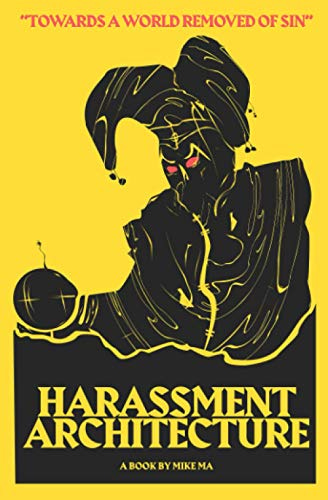
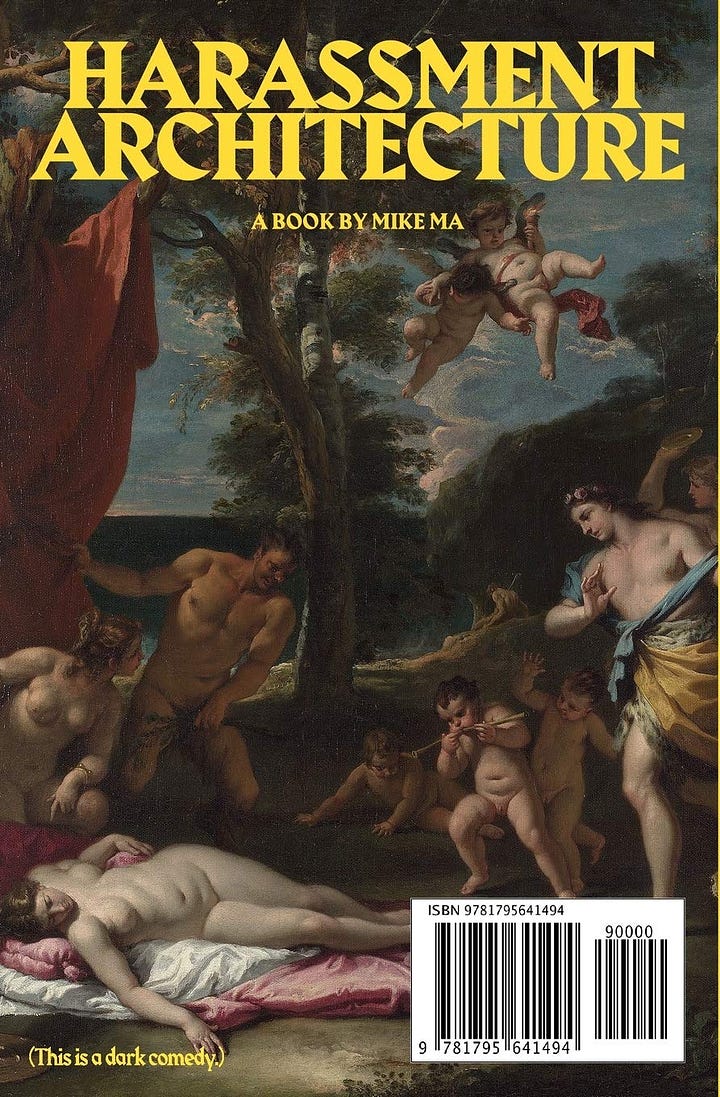
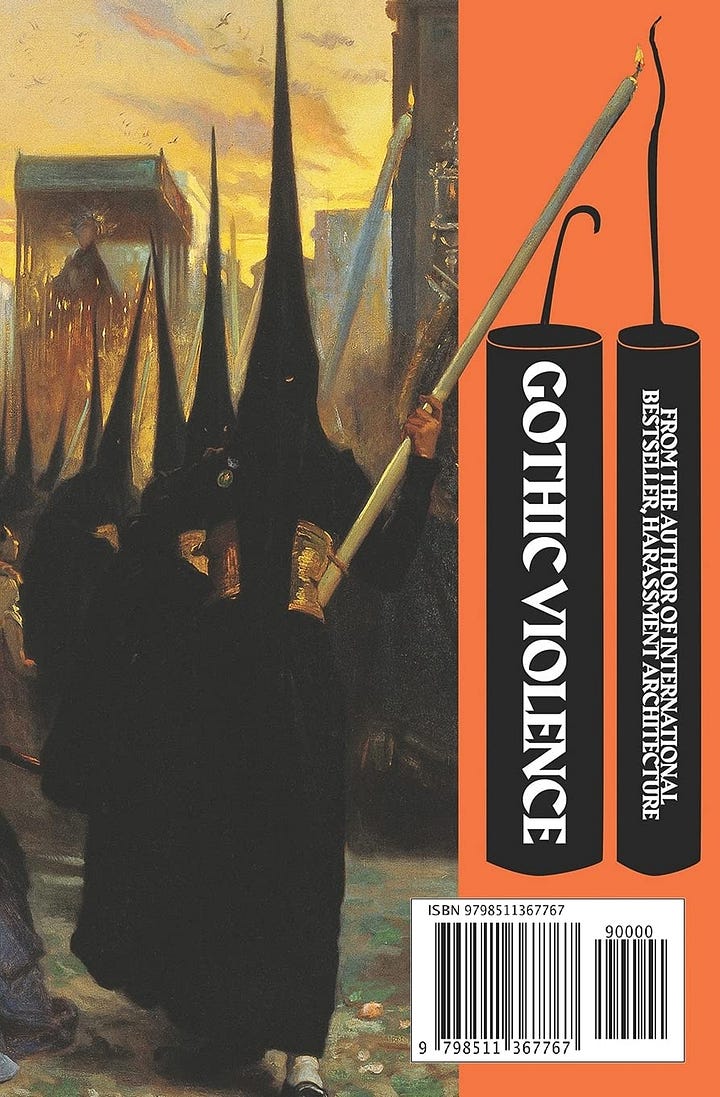
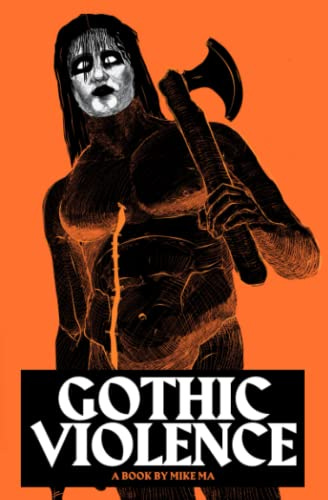
After seeing Ma’s success as an independent fiction author and how this appeared to be a function of his design skills, I resolved to invest multiple paychecks into the design aspect of my novel. At the time, I incorrectly thought of expensive cover art as a “magic bullet” for selling books (this is wrong, as books with moribund, shit covers sell well all the time). I should clarify that I don’t for a second regret this personal expense—as long as it’s in the service of art, money is never poorly spent (and yes, I have always been extremely adept at losing money).
To understand where I erred, you have to understand my mindset at the time. From the outset, I was focused on thinking outside-of-the-box as a necessary starting point in terms of sales.
I ASSUMED that I would need to try marketing tactics that institutionally-backed writers would never even think of trying (because they can use conventional marketing, and I cannot).
When I was planning how to launch my book, I formulated a marketing plan, and following from this basic, foundational assumption, I strung together an increasingly tenuous series of assumptions.
The problem with any idea that relies on a chain of assumptions: they all need to be true in order for the thing to work.
Roughly, here was my thought process, in its approximate sequence:
Self-published fiction authors can’t rely on traditional avenues for book promotions (publicists, editorial reviews from mainstream publications, etc.):
RETROSPECTIVE VERDICT: TRUE.There are many young male readers on /Lit/:
RETROSPECTIVE VERDICT: TRUE./lit/ readers like the anime aesthetic because 4chan users in general like anime.
RETROSPECTIVE VERDICT: FALSE.It’s a good idea to package your literary novel in manga-style Japanese aesthetics (the market won’t find this product signaling incredibly confusing):
RETROSPECTIVE VERDICT: FALSE (10x intensity).Memes are an easy way to get readers (people love memes unconditionally because, hey—they’re memes!!!):
RETROSPECTIVE VERDICT: FALSE (100x intensity).It should be relatively straightforward to get young male readers on /lit/ if you write fiction about young men, which has long been an under-served literary market:
RETROSPECTIVE VERDICT: FALSE (1000x intensity).
For me, my hare-brained scheme started with a famous meme of the Gigachad reading, which gave me an idea:
I’ve always loved this “Gigachad is reading meme” and thought it was hilarious—to borrow a term from the Japanese—it’s S tier content, as they say. So what if I just photo-shopped my book into this image?
I considered it, but decided against it due to a general aversion to laziness and a constitutional predilection for overdoing up-front work without first validating demand. So, I created my own unique ad for the book, which was merely spiritually-inspired by the original (let no one say I am not a copyright-respecter):
I figured that this type of advertising would be a hit on /lit/. Then, I ran with the concept and produced some generic images of anime girls reading or holding up the book to try and lean into elements of absurdist humor:


I also repurposed my book illustrations into various book ads as well:






These square-shaped ads show up on mobile at the top or bottom of individual posts:
All of this was very time intensive and took an enormous amount of effort. Of course, I embarked upon this strategy with no information other than my own assumptions, which were highly favorable and slanted in the direction of my desired outcome.
Then, after Amazon put up my book, I began running these ads on mobile screens, and later, desktop banners as well (the latter of which are shaped like horizontal rectangles and are not shown in the references above).
THE MICRO-CULTUREAL REACTION FUNCTION
/lit/’s reaction to the book was, shall we say—not positive.
Nonetheless, many of the critiques were interesting and enlightening because, as a writer, you’re often curious about how your work is perceived and interpreted by others. It was still quite valuable to understand how my book was perceived.
Here were some of the highlights that stuck out to me, most of which I should’ve anticipated:
Someone reasonably assumed that I’m a Redditor, i.e. in the soyfaced contemporary cultural sense of the term (I am not), or that the book was meant to describe and attack the culture of 4chan (it was not, and the character in the book is later revealed to be a Redditor himself).
In general, the implicit perspective seemed to be that I’m an outsider who doesn’t actually grasp the culture of /lit/ (this is 100% true, and a fair critique of my ham-handed attempts at marketing).
There was massive confusion around whether or not the book is actually a manga or a literary novel. This has repeatedly come up, and is probably eating into my potential sales given that I’m sending confusing signals to the literary market through a sort of “packaging mismatch.” This information was useful insofar as I may modify the cover illustration in the future in order to more clearly signal that my novel isn’t actually a manga/Japanese graphic novel.
In general, the reaction to the manga art was highly negative on its own aesthetic terms—irrespective of the confusion around the book itself being a literary text and not an actual manga. Hindsight comes in heavy here. This is a function of taste—of course I should’ve known that people who like literary fiction generally don’t like the aesthetics of manga. Setting aside my own love for the artwork aside, I should’ve recognized the massive cultural gap between the modal manga reader and the modal fiction reader.
Someone posted a sample of the first page or two of text and the prose was almost uniformly deemed to be of very low quality: bad, terrible, predictable, unenjoyable, disgusting, thematically repetitive, overly verbose to the point of unreadability, overreliant on references to neuroscientific reductionism, and fatally lacking in creativity. After reading these critiques, I lay in bed listening to Gats by Susumu Hirasawa under a weighted blanket for around thirty to forty-five minutes.
(Song verdict: 10/10 would recommend).
Someone commented on the original price being too high—this information was extremely useful. As a result, I lowered the prices and also released an e-book. Prior to lowering the price and releasing the e-book, I had zero sales from the ads despite accumulating a fair number of clicks by that point in time.
Someone commented that my technique of switching between first and second person perspectives was a deliberate technique of psychological manipulation inflicted on the reader (actually, I used this technique to demonstrate the intensity of the protagonist’s dissociation, not to manipulate readers; the average person interested in this type of novel won’t be swayed by mere parlor tricks like perspective-switching).
Someone else commented that the book’s afterword explicitly claims that it’s a psyop meant to deradicalize people. Here, I would respectfully disagree with the term “psyop” because I think any accurate definition of that term would include structural deception as a necessary component of psychological operations, and I think that my book is far too obvious in its critique of Darwinian nihilism to be placed into such a category. To cite a couple of examples: I have a disclaimer up-front that overtly negates any perception of the book as a nihilist text or one supporting political violence of any stripe; the book itself has a very clear dual-structure both as a narrative and as a set of concurrent empirical & philosophical arguments.
To put it very simply: my book is a narrative, and it is simultaneously a narrative argument. This is categorically different than the Pentagon surreptitiously producing hundreds or thousands of big-budget films but presenting them as wholly independent creative productions.
—
Side-note: If you consider consent-manufacturing to be a causal driver of imperial slaughter (as I do), it should also be noted that Hollywood has indirectly killed many more people than literary fiction (and no, the Turner Diaries doesn’t count as literary fiction, lol).
I have not personally responded to any of the posters within any of the threads about my book, nor do I think it’s appropriate for me to do so—I am indeed an outsider to the board, which is why I am engaging from the distance of SubStack, and not on /lit/ itself. The simple reality is I completely failed to understand the (relatively predictable) negative response to my advertising, and I completely failed to understand the cultural nuances of marketing in any type of micro-community.
At the end of the day, I’ve got absolutely nothing to complain about. This is just the nature of the game.
If you are a self-published novelist of literary fiction, you are fighting capitalism itself; your book is constantly trending to zero. Zero is gravity, and it takes a hell of a lot of work (and luck) for gravity to lose.
BY METRICS YE SHALL LIVE AND BY METRICS YE SHALL DIE
4chan uses a service called Danbo to serve up display ads on all its boards, and Danbo’s advertising platform is simple and easy to learn. The support staff are prompt and helpful over e-mail. The UI is simple but relatively clear and it didn’t take very long to learn even as a total beginner. At times, I encountered some bugs but this was in the middle of an update that they pushed to the notification system and they reimbursed me ad credits for the trouble, which was extremely nice of them to do.
Let’s talk numbers.
Cost to produce ads, in capital and personal labor:
[undisclosed, but it was a lot, lol]Total cost of running the ads on Danbo (prior to generous reimbursements related to technical difficulties on their platform):
Estimated at ~300 USD.Time spent fiddling with the ad interface used to run ads on 4chan during ~3 week period of running ads:
Estimated at 10-14 hours.Overall impressions (not only on /Lit/, but on all Safe for Work boards):
538,110 (a lot).Average CTR:
0.363% (not great but okay).Total clicks:
1,951 (decent for the price).
Here’s a partial screenshot of the Danbo interface for reference:
And—the total number of sales?
After months of planning and effort, and almost 2000 visits to my Amazon product page?
…
I made three—possible five—sales off of this campaign.
3 to 5 sales, which equated to about $10 to $15 dollars.
Put simply, I lost nearly all of my money.
Sufficed to say, I will not be running any more ads on /lit/, now or in the future.
THE MARKET IS NEVER WRONG
If you’re a writer, you’re also an entrepreneur, and if you’re an entrepreneur, the number one thing you have to do is to take responsibility for your failures.
REPEAT AFTER ME: The market is never wrong.
To believe anything other than that is COPE, and COPE is the most dangerous possible thing for an entrepreneur, because COPE is how you get disconnected from reality (probably, I am already there).
Either your book is selling or it is not.
Now, it’s fair to say that some works launch poorly but gradually accrue a readership over time as the quality of the work finds its commensurate readership, but that is not for you to decide as the author of a work—that is solely up to time, and to others. In due course, the market will judge whether or not I fall within that category.
My advice to any outsiders who are seeking to advertise their novel via /lit/ ads is:
Be humble and to have realistic expectations about what is possible. There is no easy path to alt-lit or outsider-lit success, and there is no substitute for putting in the work and gradually building up your readership over time. Until you are a known quantity with a body of work that’s accrued a pre-existing reputation, you are nobody. And it’s fine to be nobody—remember, this is what God expects of each and every writer (at least at the beginning).
Launch your book with advance reviews copies and reviews on day one. Not having any reviews absolutely killed any ability for me to move copies because it massively limited my conversion rate for sales.
Launch your book after you’ve built your online platform—not before (like me).
In general, don’t assume you understand an online micro-community if you haven’t directly interacted with it extensively. Lurking/observing isn’t enough, even over a decent span of time—you need actual feedback. In the absence of actual feedback from posting, you can only achieve a simulacrum of understanding, not the real thing. Your efforts to sell will be in vain.
Now, with all that said, it hasn’t been all doom and gloom.
I launched my book on July 11th, and I sold 71 copies as of ~August 10th (within the first 30 days of launch). These sales have mostly come from Twitter and my SubStack, which is how people are finding my work, with a small amount coming from Amazon ads.
This is enough—just barely—to give me a sliver of hope around the future of my own fiction.
Now, roughly 25 of these “sales” were in fact free downloads during a Kindle sales promotion—but hey, who’s counting, right?
CODA: Some /lit/-adjacent finds
I support the decentralized production of fiction by alt-lit writers. Although I’ve not read any of the following material in depth, I’d still like to share some of initial my finds with you below:
List last updated: August 25, 2023.
Podcasts:
Print mags & books:
& (literary magazine)
Behead All Satans by M.N.M.-D.R. (novel)
Eggplant by Ogden Nesmer (novel)
Remembering the Dead and Other Stories by Lewis Woolston (short story collection)
The Islamagood Bazaar and Other Trinkets (Unreal Press collection)
The Savage Green by Zulu Alitspa (novel)
Tales of the Unreal, Vol. 1 (Unreal Press collection)
SubStacks:



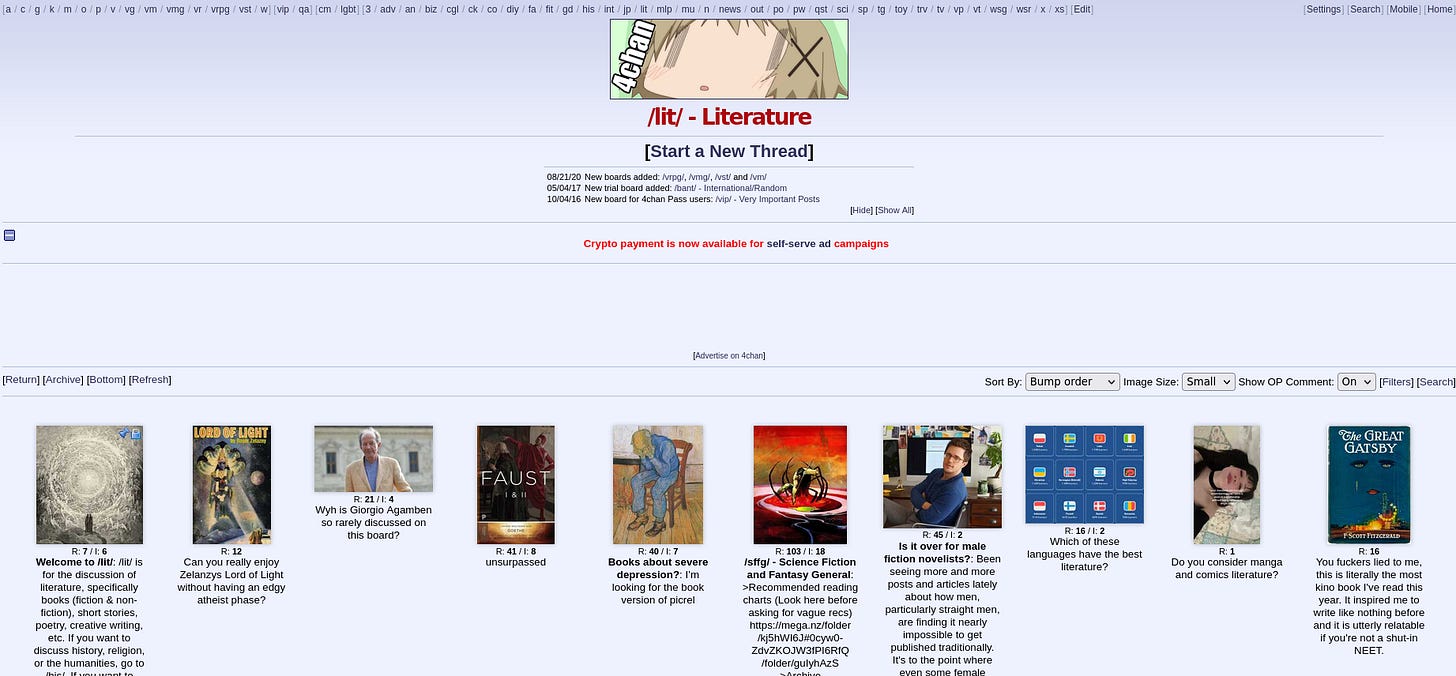
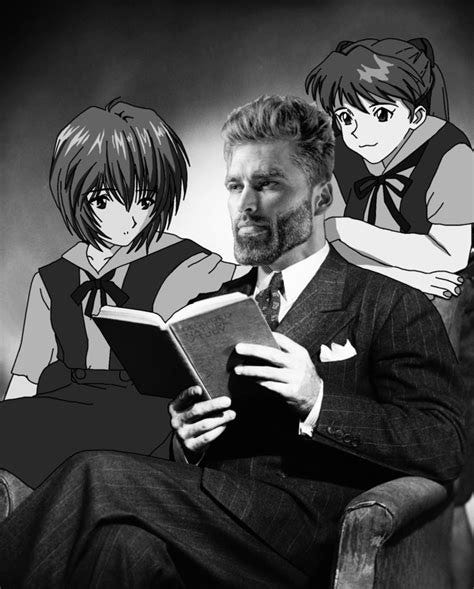
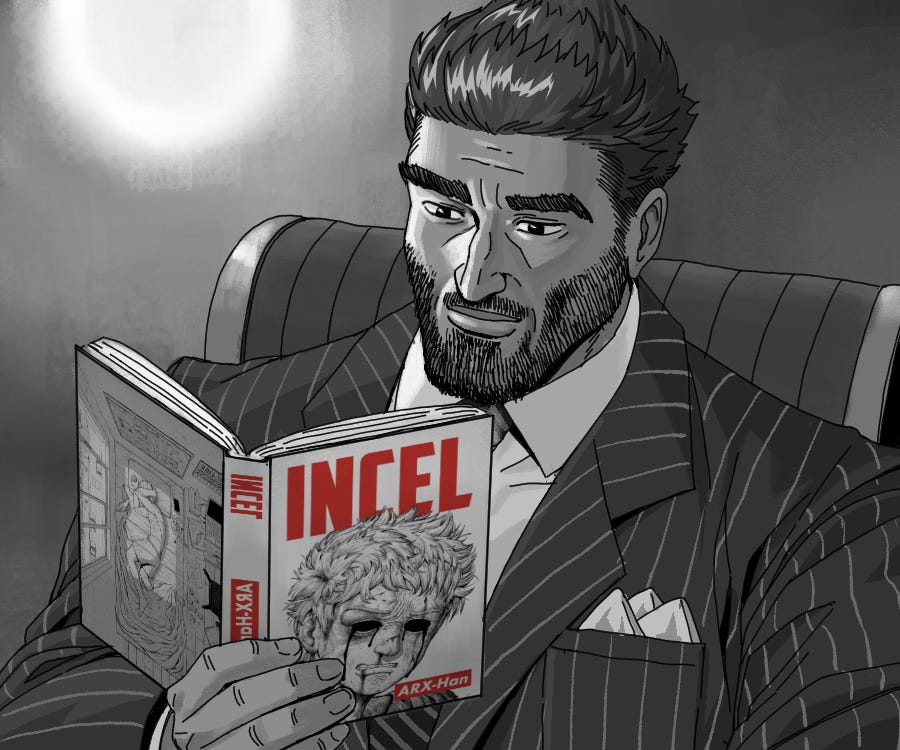



Damn, dude. Sounds like a bruising learning experience. Thank you for sharing. I can relate to the lurking and desperate self-promotion aspects. In a sense, I started a Substack for cynical reasons -- to drum up an audience, via drips and drops of blog-level content, for a planned story collection (hopefully published by a decent indie press, but we’ll see). There’s something gross about promoting oneself, but you’re right: as writers, we are fighting gravity. Maybe someday I’ll grow wings. : P
I admire both your hustle on /lit/ and your retrospective honesty in this post. Keep at it.